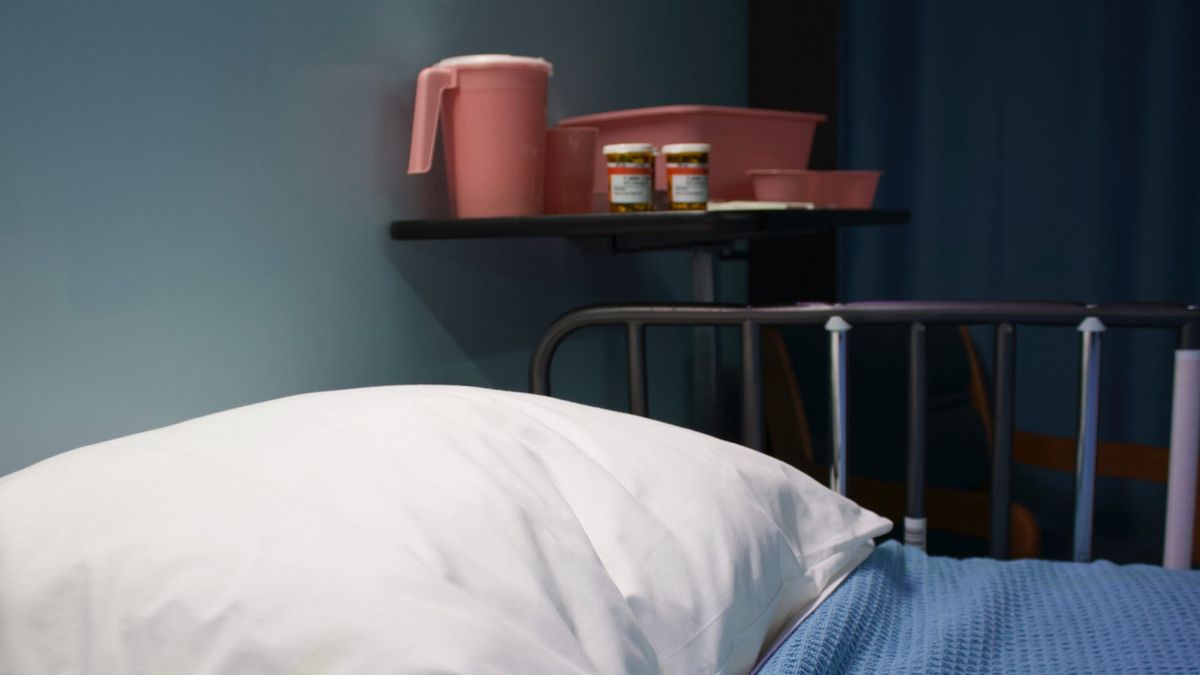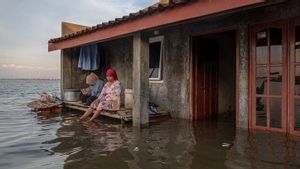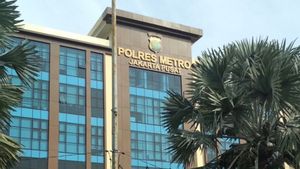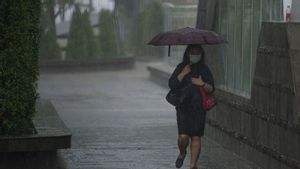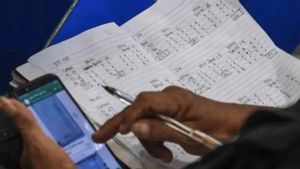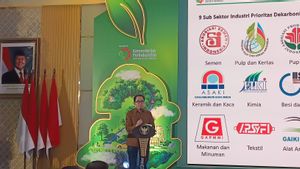JAKARTA - The case of mysterious acute kidney failure in children in Jakarta continues to grow. The DKI Jakarta Health Office noted that on Wednesday, October 19 night, 40 children had died from the disease.
Head of the DKI Jakarta Health Office, Widyastuti, said that this figure starts in January 2022. Now, the total number of acute kidney failure cases in Jakarta is 71.
"Temporary data that we have processed from January to October 19, there were 71 reported cases. A total of 40 cases died since January," said Widyastuti at the DKI Jakarta Labkesda office on Thursday, October 20.
In this disease, 16 cases are still undergoing treatment, and 15 cases have been declared cured. As many as 60 cases or 85 percent are under five years of age and 11 cases or 15 percent are 5-18 years old.
Cases of mysterious acute kidney failure are currently undergoing treatment at the government hospital (RS), both state-owned hospitals and hospitals belonging to the DKI Provincial Government.
"Then, of the 71 cases, 35 of them were domiciled in DKI Jakarta, then 9 in Banten, West Java in 16 cases, and Jabodetabek in 7 cases," explained Widyastuti.
Furthermore, Widyastuti revealed that the development of cases of acute kidney failure per month experienced an increasing trend.
In January there were 2 cases, February 0 cases, March 1 case, April 3 cases, May 0 cases, June 2 cases, July 1 case, August 10 cases, September 21 cases, and October while 31 cases.
"Why is it increasing? Because the information is more complete. The Indonesian Pediatrician Association has issued a circular, the Ministry of Health issued a circular and we socialized it, so hospitals that had treated and were treating reported to us," he explained.
As is known, the mysterious acute kidney failure or attypical progressive acute childney injury (AKI) is a condition when the kidneys suddenly cannot filter waste from the blood and without knowing the cause.
Early symptoms of mysterious acute kidney disorders include fever, diarrhea or vomiting, and cough-silence. The follow-up symptoms are the decreased amount of urine and frequency of BAK, swelling body, decreased consciousness, and shortness of breath.
The Ministry of Health has examined that toddlers affected by mysterious acute kidney failure were detected as having 3 dangerous chemicals, namely ethylene glycol-EG, diethylene glycol-DEG, and ethylene glycol butyl ether-EGBE.
These three chemicals are impurities of non-dangerous chemicals, polyethylene glycol, which is often used as solublicity noise in many mild drugs.
Several types of Syrup drugs used by patients under five who were affected by MMR (we took from the patient's house), were proven to have EG, DEG, EGBE, which should not have had a / very few levels in the Gunadi Sadikin medicine. Thus, Health Minister Budi Gunadi Sadikin issued a decision prohibiting the use of medial drugs.
"While waiting for the drug authority or BPOM to finalize the results of their quantitative research, the Ministry of Health is taking a conservative position while banning the use of mild drugs. Considering that the toddler identified by AKI has reached 70s per month," Budi explained in his statement.
The English, Chinese, Japanese, Arabic, and French versions are automatically generated by the AI. So there may still be inaccuracies in translating, please always see Indonesian as our main language. (system supported by DigitalSiber.id)
